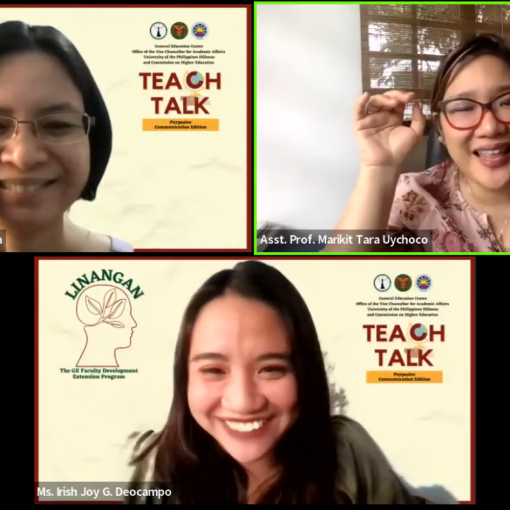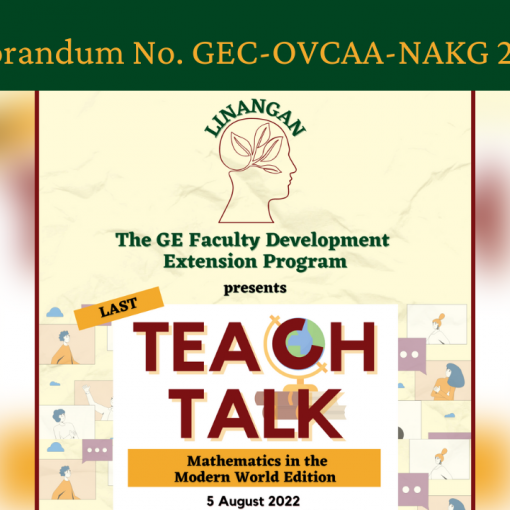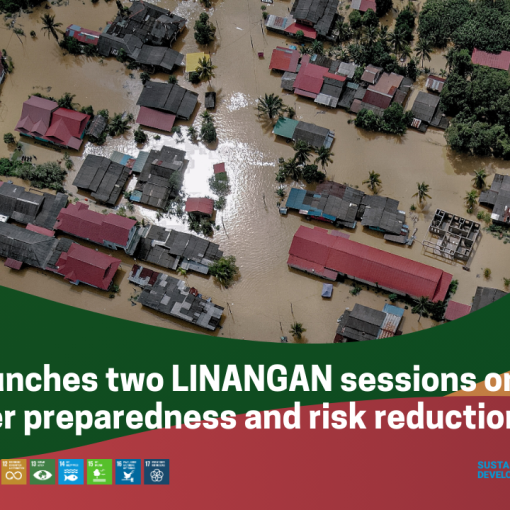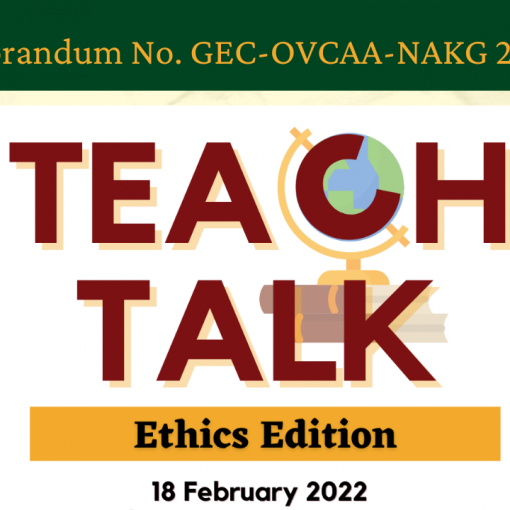“The contemporary world continues to face many issues and crises today — the continuing war in Ukraine, rise of fascist governments, China’s incursion in the West Philippine Sea, and even the ongoing COVID-19 pandemic. What do these events signify, and what are their impacts to people — especially to ordinary Filipinos?”, asked Professor Nancy Kimuell-Gabriel of the UP Diliman College of Arts and Letters and the Director of the General Education Center (GEC), highlighting the timely relevance of the eighth LINANGAN webinar to teachers of the CHED GE course The Contemporary World held last June 6.
The first part of the webinar was a lecture on the terms third world and the global south presented by Professor Ramon Guillermo, Director of the UP Diliman Center for International Studies. In his lecture, he analyzed the historical roots of the term third world, and how it was used by dominant, imperialist countries to refer to underdeveloped countries. He also discussed the term global south which has seen popularity among academicians in recent years, especially during the initial rollout of COVID-19 vaccines when countries from the global north were the first to acquire them. He gave three bases to define and make sense of the term: social metrics, nation-state, or social movement based. He also pointed out the inequalities present between global south and global north. One such inequality is global south workers earning less than their global north counterparts.
Professor Ruth Lusterio-Rico of the UP Diliman College of Social Sciences and Philosophy delivered the talk for the second part of the webinar. Her discussion centered on theories and perspectives in understanding the contemporary world. She shared ways to teach and understand globalization, global governance, regionalism, and sustainable development. She also shared techniques and strategies for teaching the GE course to students.
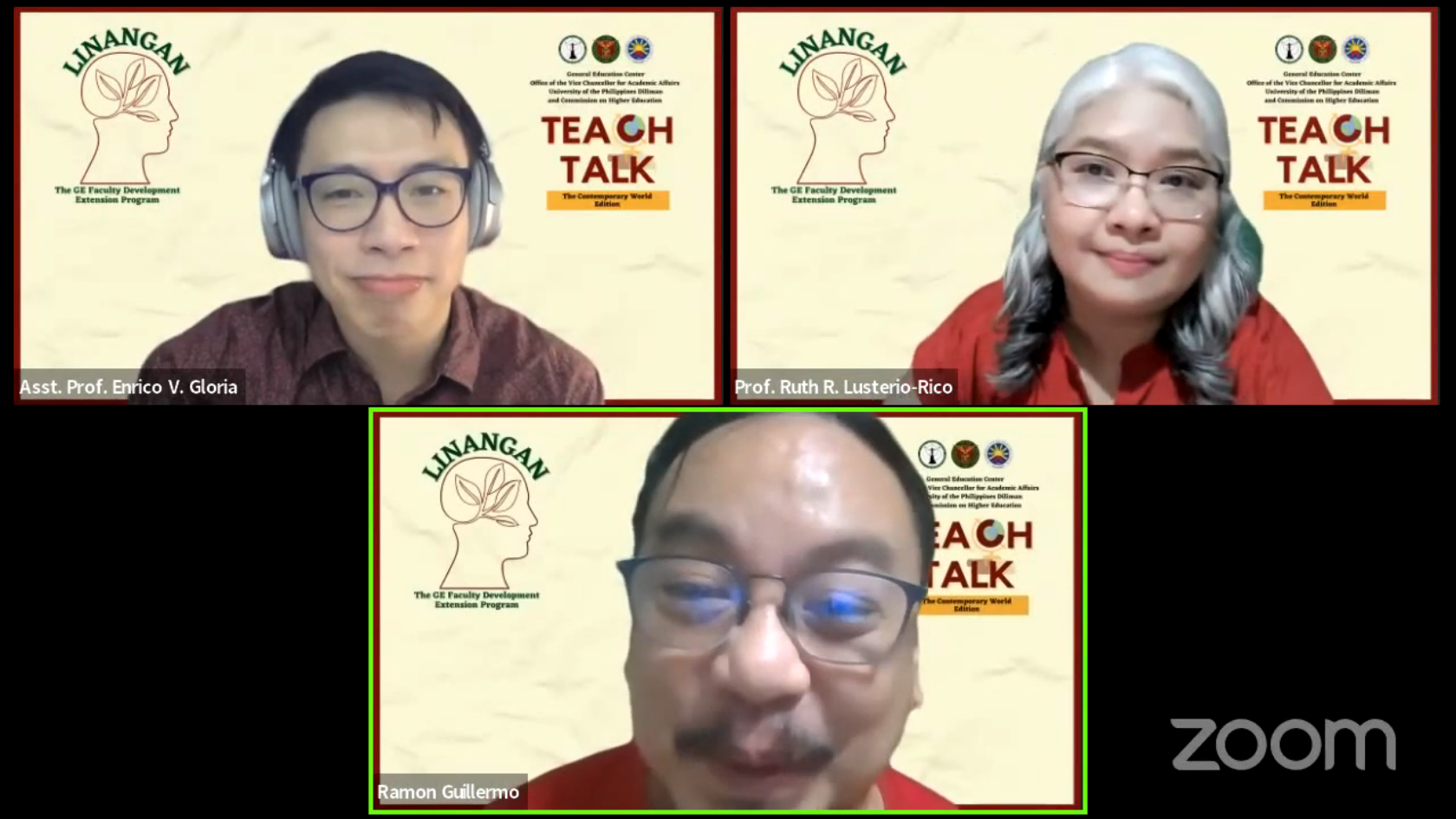
During the open forum, questions related to teaching the course and issues in the contemporary world surfaced. Some participants asked the speakers how they can incorporate research in this GE course. Professor Lusterio-Rico replied that it is very important for students to understand and internalize what they are learning in this course. Meanwhile, Professor Guillermo emphasized that the research must be situated closer to everyday experiences of the students.
The relevance of the United Nations and other regional organizations was also asked. Both professors affirmed the importance of such organizations, serving as platforms for enacting change. Lastly, an interesting question about the possibility of achieving utopia was also raised. In response, Professor Guillermo distinguished between abstract and concrete utopia. He also questioned the propriety of imitating the global north’s path to development, and called for the global south to create their own path towards progress.
Being critical of prevailing concepts such as globalization is important in the GE course The Contemporary World since these concepts are used to perpetuate prevailing oppressive systems such as neoliberalism. The eighth LINANGAN webinar brought out critical discourse and exchange of ideas regarding these concepts and more. Participants can rewatch the whole webinar on GEC’s Facebook Page and YouTube channel. They may also register in advance for the next LINANGAN webinar on GEC’s website.

